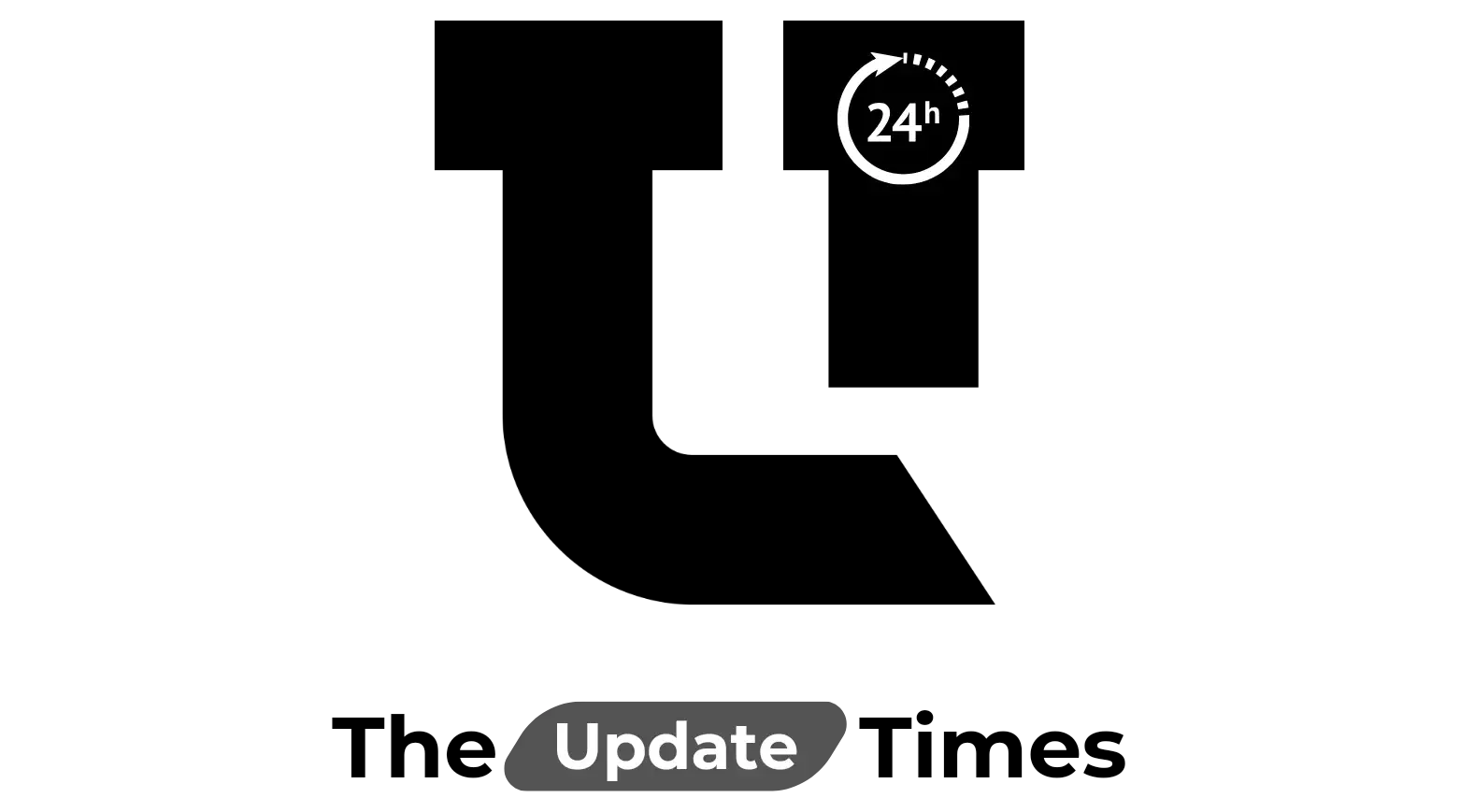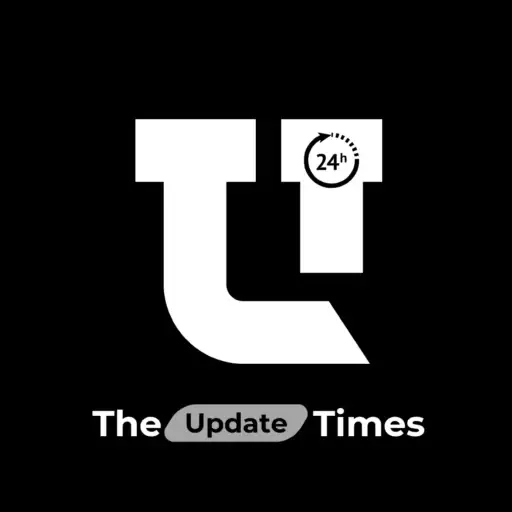Introduction
Eli Lilly and Novo Nordisk are fighting for supremacy in the growing market for weight-loss drugs. As both companies fail to meet demand, the focus is shifting from how well something works to how easily it can be found.
Share of the Market and Demand
Eli Lilly’s Zepbound hit the U.S. market in December 2023 and quickly took 40% of the market, with 130,000 orders written by mid-July. Novo Nordisk’s Wegovy has the same supply problems despite having more weekly orders.
Provider Problems
An expert in fat medicine, Dr. Eduardo Grunvald, discusses how supply gaps affect access. Most of the time, specialists recommend any treatment that is offered.
What the Company Said
Both businesses are aware that supply is limited. Novo Nordisk tells patients on its website that it is having trouble getting supplies, and Eli Lilly’s CEO says that Zepbound’s lack will be fixed soon. The FDA is also working to fix these gaps.
Forecasts for the Market
Analysts think that the U.S. weight-loss drug market will be split almost evenly by the end of 2024. If both companies grow their production and go global, the market could be worth $150 billion a year by the early 2030s.
International Growth
Lilly focuses most of her attention on the UK, Germany, Saudi Arabia, and the UAE. Novo Nordisk will do business in Australia, Canada, and Spain. Due to high-fat rates, the U.S. market is still the most valuable.
Changes in the Future
New advances in pharmacology, like making the drugs more accessible by mouth, could change how competition works. At the moment, supply patterns determine what happens for both businesses.
Conclusion
Lilly and Novo Nordisk’s battle shows how important it is to balance new ideas and reasonably control market demand. Supply problems are still a big problem. The Update Times









